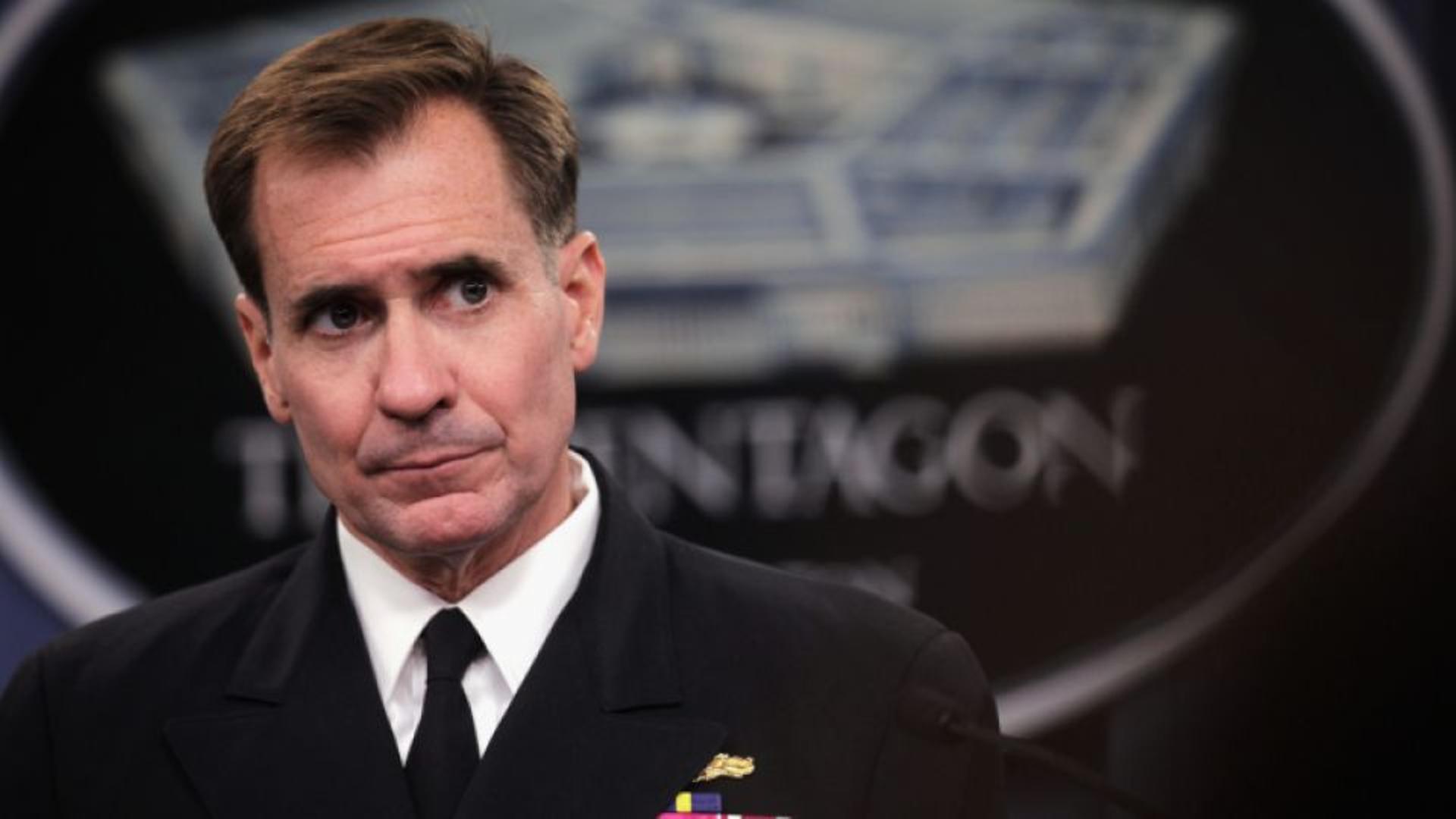
The US has dismissed speculation that Turkey’s membership in the NATO military alliance could be coming to an end amid strained relations between Ankara and Washington.
Turkey has been pressing the US to extradite cult leader Fethullah Gulen, who has been living in self-exile in the state of Pennsylvania since 1999. He is accused of leading a terrorist network, dubbed FETO, and orchestrating a failed coup attempt against the Turkish government on July 15.
While Washington has said it will examine Ankara’s request to extradite Gulen, there is growing concern in Turkey over US support for the YPG, the Syrian branch of the PKK. Even though the PKK is listed as a terrorist organisation by Turkey, the EU and the US, Washington has been working with the YPG in the war against DAESH in Syria.
.@statedeptspox Kirby condemns horrific bombings in #Turkey https://t.co/ay1ySFlQrL
— Department of State (@StateDept) August 18, 2016
Warming relations between Ankara and Moscow have also led to suggestions that the rift between the US and Turkey may trigger a shift in alliances.
In an attempt to dispel such speculation, the US State Department on Thursday reiterated Turkey's role as an ally.
"Turkey remains a NATO ally and an important partner in the fight against DAESH," State Department spokesman John Kirby said during a press briefing. "We expect both those relationships, with multilateral relationships, to continue."
"We want to see Turkey's contributions in the international community on many levels, not just the security sector, but on many levels continue and so we're going to work to that end," Kirby added.
Host to the strategically important Incirlik air base, Turkey has been used as a launch pad by the US-led coalition in the war against DAESH in neighbouring Syria and Iraq, but since the July 15 coup attempt, questions have been raised over its status.

As the putschists were being repelled, the Turkish government blocked US fighter jets from taking off from Incirlik as power to the air base was cut. Later, the Turkish commander in charge of Incirlik was arrested for allegedly being involved in the coup.
According to a report published by EurActiv on Thursday citing two anonymous independent sources, the US has decided to move nuclear weapons based in Incirlik to Romania due to security concerns. Romania, however, denied the report.
No solution to Syria without Russia
The US State Department statement came a day after Turkish Foreign Minister Mevlut Cavusoglu told Russia's Sputnik that Turkey and Russia could possibly form a military-technical cooperation.
Indicating that Turkey and Russia may work together to bring about a sustainable solution to the five-year conflict in Syria, the Turkish foreign minister said "without Russia there will be no lasting settlement in Syria."
Cavusoglu also praised Moscow's reaction to the coup attempt in Turkey and its stance on the FETO network.
"Russia saw the threat and the danger that we did not recognise at first right from the beginning. We thought that supporters of this movement were law abiding citizens, believers. We could not imagine that they were secret agents. If Russia was wary of this organisation, it must have had strong reasons to be concerned. This is why Russia is one of those countries which is largely unaffected by this issue at the moment. This is why Russia did not give this organisation any chance to develop," Cavusoglu said.

Asked about Cavusoglu's comments, Kirby said the US was not concerned over new bilateral relations between Turkey and Russia.
"If Turkey and Russia are going to work out a new or different bilateral relationship based on security and defense issues, that's for them to decide," he said.
Turkey has been a NATO member since 1952. The bloc was initially set up as a cooperation of North American and European countries after World War II to counter the threat of Soviet expansion. After the Cold War ended, NATO spread into new territories in central and eastern Europe as the Soviet Union broke up.
Recently tensions have been increasing between NATO members and Russia, particularly in the Baltics and Black Sea following Moscow's annexation of the Crimean peninsula from Ukraine in 2014.

Located on NATO's eastern front, Turkey's membership to the bloc is vital for its operations particularly in the Middle East. But years of fighting in Syria and Iraq have threatened the security and stability of Turkey's southeastern borders, where hostile groups like DAESH and the PKK are vying to establish their authority.

Increased military activity in the region peaked in November 2015 when Turkish fighter jets shot down a Russian warplane which ignored repeated warnings after violating Turkey's airspace while carrying out operations on the Syrian side of the border.
The incident led to a crisis in relations between Moscow and Ankara, but a recent rapprochement between the two sides is gradually leading to the re-establishment of formerly strong diplomatic and economic ties.










Discussion about this post